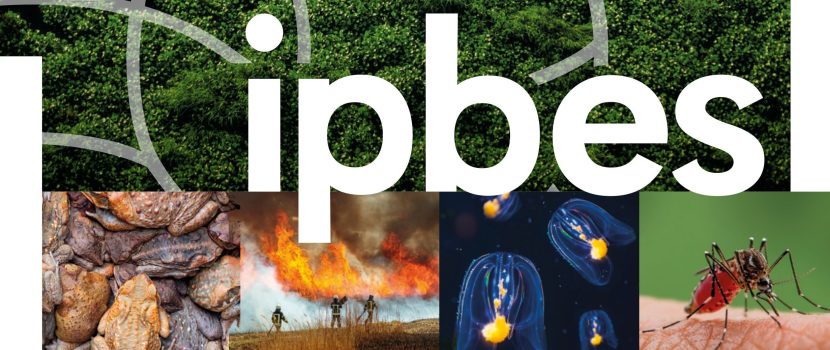
AN INDEPENDENT INTERGOVERNMENTAL BODY ASSESSED INVASIVE SPECIES AND THEIR CONTROL ON PLANET EARTH. FINDINGS ARE URGENT
Invasives are among the main global threats to nature, economy, food safety, human health and the quality of life, they play a key role in the global extinction of plants and animals.
On September 4, 2023, the Intergovernmental Science-Policy Platform on Biodiversity and Ecosystem Services (IPBES) published the Assessment Report on Invasive Alien Species and their Control. After 4 years, the report was prepared by 86 experts from 49 countries of the world and subsequently approved by 143 countries of the planet. One of the leading authors of the report was a member of the Department of Geoinformatics, Faculty of Environment, UJEP Dr. Jana Müllerová. She participated in the preparation of the chapter Management: Challenges, opportunities and experiences, where she specialized in the use of modern technologies, including remote sensing in the study and management of invasions.
„We consider it important in connection with the release of the report to attract as much public, politicians, state administration and businessmen attention as possible to the issue of invasions, and thereby support efforts to solve them, which are critically important for biodiversity and the state of the planet,” premises the vice dean for external relations of FŽP UJEP Dr. Pavel Krystyník.
“According to the IPBES report, more than 37,000 species have already been introduced by humans on the planet, and over 3,500 of them are harmful, posing a great risk to nature and human society, and also causing significant economic damage,” points out Dr. Müllerová.
Meanwhile, the annual cost of removing damage caused by invasive species worldwide has quadrupled every decade since 1970, and now stands at more than €394 billion. “As everywhere else, prevention is a million times more effective and cheaper than responding in the late stages of an invasion, when it is often already impossible to eradicate the species permanently. The damage to biodiversity, the landscape, but also to human health and the economy is often enormous,” remarks Dr. Müllerová.
The evaluation report also provides examples of good practice that will serve as inspiration for preventing, managing or eradicating invasions. After each liquidation intervention, the restoration of the ecosystem is necessary. “If spraying is used to eliminate invasive plants, it is necessary to help to restore the original vegetation cover. In the monitoring and management of invasions, even the most modern tools can be used, including biotechnology, bioinformatics, eDNA, drones and artificial intelligence,” says Dr. Müllerová.
“It is very important that the public understands and accepts the problem, and creates pressure for its solution, as it is already happening today, for example, in connection with climate change,” concludes Dr. Müllerová.